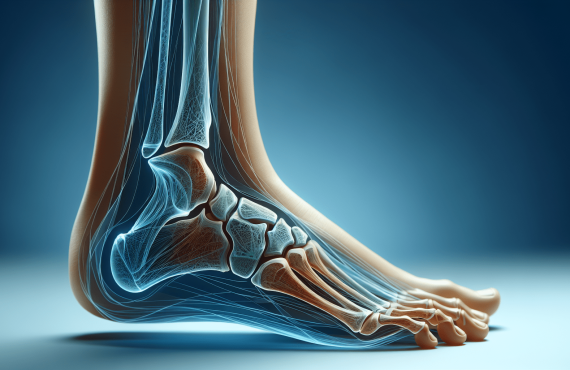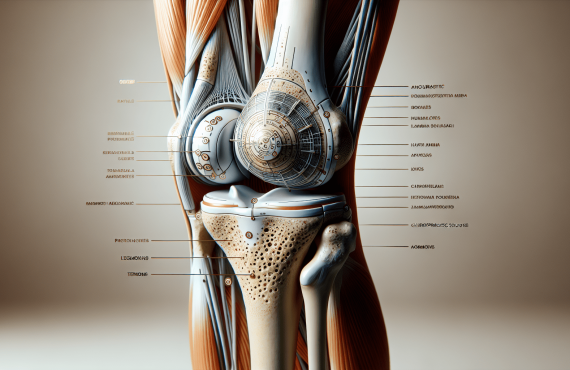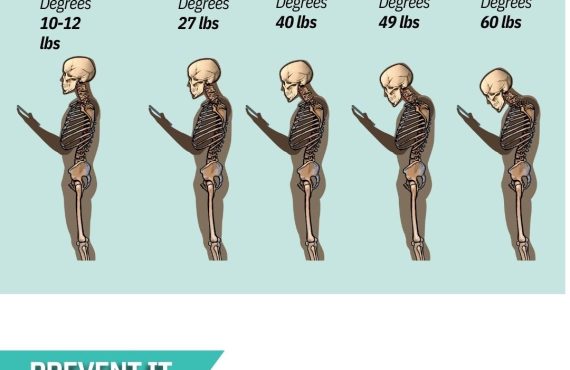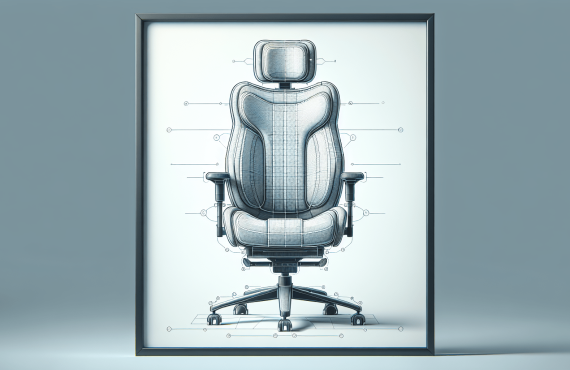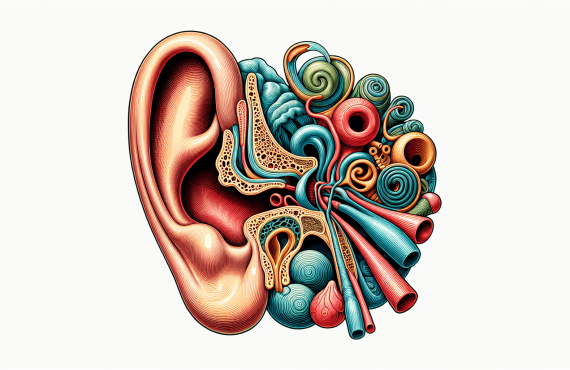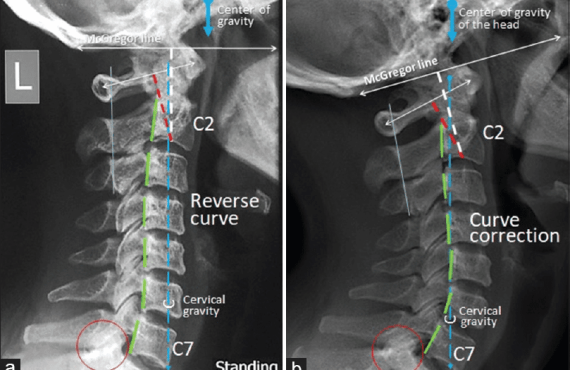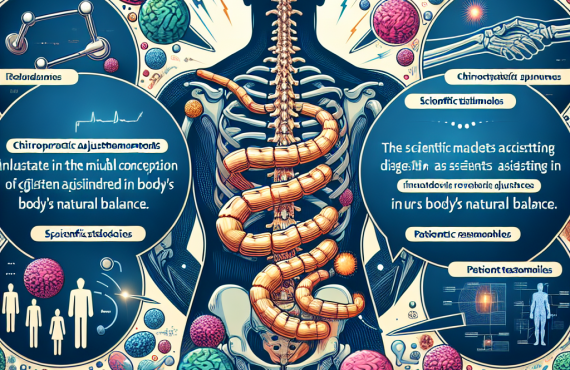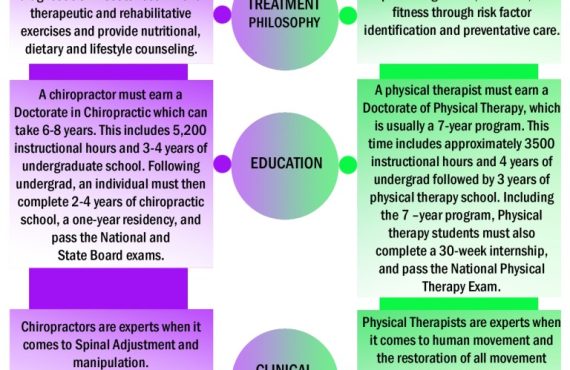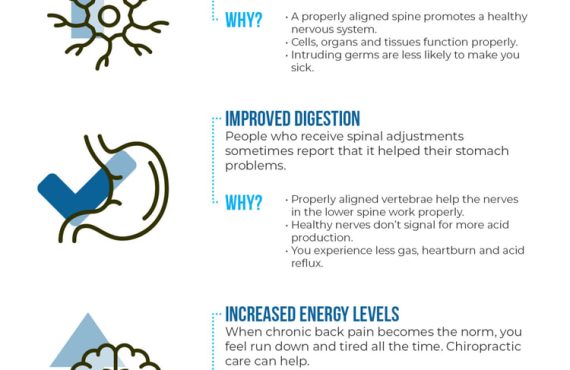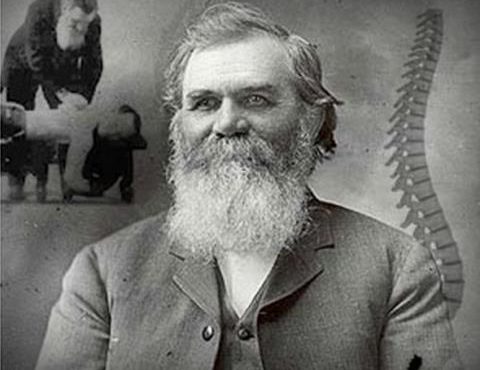In The Future of Chiropractic: Trends to Watch, we explore the ever-evolving field of chiropractic care and the exciting developments that lie ahead. Led by Dr. Craig Henry and his team at Henry Chiropractic in Pensacola, Florida, they are at the forefront of providing superior health and wellness services to their patients. With a range of techniques and a commitment to improving overall well-being, Dr. Henry and his colleagues are poised to shape the future of chiropractic. From innovative treatments to a focus on preventative care, this article delves into the trends that will revolutionize the field and ultimately enhance the lives of those seeking chiropractic solutions.
Table of Contents
Telehealth and Virtual Care
With the advancements in technology, telehealth has become more accessible and convenient for patients seeking chiropractic consultations. This increased use of telehealth allows patients to receive professional chiropractic advice and treatment recommendations from the comfort of their own homes. Through virtual platforms, such as video calls or online chat, chiropractors like Dr. Craig Henry and Dr. Aaron Hixon can connect with patients and provide personalized care without the need for in-person visits.
Telehealth also extends to virtual rehab exercises and home treatment plans. Chiropractors can guide patients through virtual sessions, demonstrating exercises and stretches that can help alleviate pain and promote healing. By providing detailed instructions and personalized treatment plans, chiropractors can effectively manage patients’ conditions and monitor their progress remotely.
Furthermore, remote monitoring of patients’ progress and outcomes is made possible through telehealth technologies. Wearable devices, such as smartwatches or fitness trackers, can track patients’ posture, movement, and vital signs in real-time. This information can be shared with chiropractors, who can then assess the effectiveness of treatment plans and make necessary adjustments to ensure optimal results.
Integration with Technology
The integration of technology plays a crucial role in shaping the future of chiropractic care. Artificial intelligence (AI) and machine learning are being used to aid chiropractors in diagnosis and treatment planning. By analyzing vast amounts of data and patterns, AI algorithms can assist chiropractors in identifying underlying causes of musculoskeletal issues and developing targeted treatment plans.
Additionally, advanced imaging techniques are transforming the assessment of spinal health. High-resolution imaging, such as MRI or CT scans, can provide chiropractors with detailed images of the spine, allowing for more accurate diagnoses and treatment planning. These advanced imaging techniques help chiropractors like Dr. Craig Henry and Dr. Aaron Hixon to tailor their approaches to each patient’s specific needs.
Wearable devices also contribute to the integration of technology in chiropractic care. Patients can wear these devices throughout the day, and they provide real-time data on posture and movement. Chiropractors can utilize this data to monitor patients’ progress and make necessary adjustments to their treatment plans. This continuous monitoring allows for a more proactive and personalized approach to care.

Collaborative Care
Chiropractic care is increasingly integrating with other healthcare professionals, promoting a team-based approach to patient care. Collaboration between chiropractors and professionals from fields such as physical therapy, orthopedics, or sports medicine can provide more comprehensive care and improved patient outcomes. By working together, different specialists can share expertise and insights, ultimately benefiting patients with a holistic and multidisciplinary approach to treatment.
To facilitate communication and coordination among healthcare providers, integrated electronic health records (EHRs) are being implemented. EHRs enable chiropractors and other professionals to access and share patient information seamlessly. This streamlined communication and information sharing enhance the continuity of care and ensure that all members of the healthcare team are aware of the patient’s history, progress, and treatment plans.
Evidence-Based Practice
The future of chiropractic care places significant emphasis on research and scientific evidence. Chiropractors like Dr. Craig Henry and Dr. Aaron Hixon are increasingly integrating evidence-based practice into their treatment approaches. This approach ensures that the care provided is supported by empirical research and yields the best possible outcomes for patients.
Implementation of standardized outcome measures and protocols is another aspect of evidence-based practice in chiropractic care. By incorporating standardized measures to assess patients’ progress, chiropractors can objectively track improvements and adjust treatment plans accordingly. This standardized approach allows for consistency in measuring outcomes and helps chiropractors identify the most effective interventions.
Furthermore, continuous education and professional development are essential for chiropractors to stay up-to-date with the latest research and advancements in their field. By actively engaging in ongoing education, chiropractors can refine their skills and offer the most current and effective treatments to their patients.

Focus on Prevention and Maintenance
The shift towards proactive care and prevention of musculoskeletal issues is a prominent trend in the future of chiropractic care. Chiropractors like Dr. Craig Henry and Dr. Aaron Hixon aim to educate patients about the importance of maintaining spinal health and preventing injuries before they occur. Regular chiropractic adjustments, even when there is no pain present, can help maintain spinal alignment, improve posture, and prevent future problems.
In addition to regular adjustments, chiropractors focus on educating and promoting healthy lifestyle habits for their patients. They emphasize the importance of proper nutrition, exercise, and stress management in maintaining overall health and well-being. By addressing these lifestyle factors, chiropractors help patients achieve optimal physical and mental health.
Specialization and Subspecialties
As chiropractic care continues to evolve, specialized chiropractic fields are emerging. Fields such as sports chiropractic or pediatric chiropractic are gaining recognition as specialized areas within the profession. Chiropractors like Dr. Craig Henry and Dr. Aaron Hixon have undergone advanced training and certification programs in these specialized areas to provide specialized care to specific patient populations.
Collaboration with other specialists is also crucial for comprehensive patient care. Chiropractors can work alongside professionals from various disciplines, such as orthopedics, physical therapy, or nutrition, to develop personalized treatment plans that address the unique needs of each patient. This collaborative approach ensures that patients receive holistic care that considers all aspects of their health.
Personalized Treatment Plans
The future of chiropractic care is centered around providing individualized care based on patients’ unique needs and conditions. Chiropractors like Dr. Craig Henry and Dr. Aaron Hixon understand that each person is different, and their treatment plans should reflect that. By considering patients’ goals, preferences, and medical history, chiropractors can develop personalized treatment plans that are tailored to meet their specific needs.
To ensure patient satisfaction and engagement, chiropractors also integrate patient feedback and shared decision-making into their treatment approach. By involving patients in the decision-making process and actively seeking their input, chiropractors can create treatment plans that align with patients’ preferences and goals. This patient-centered approach fosters a sense of collaboration and empowers patients to take an active role in their own healthcare journey.
Focus on Mental Health and Well-being
Recognizing the strong connection between mental health and physical well-being, the future of chiropractic care emphasizes the integration of mental health screening and support. Chiropractors like Dr. Craig Henry and Dr. Aaron Hixon understand that mental health plays a significant role in an individual’s overall well-being and recovery. By addressing mental health concerns, chiropractors can provide comprehensive care that promotes both physical and mental wellness.
Taking a holistic approach to improving overall well-being, chiropractors may recommend stress management techniques, relaxation exercises, or other therapeutic modalities to support patients’ mental health. By considering the mind-body connection, chiropractors can help patients achieve balance and optimize their overall health.
Expanding Scope of Practice
There is an ongoing advocacy for the expanded scope of practice in chiropractic care. Chiropractors like Dr. Craig Henry and Dr. Aaron Hixon are at the forefront of this movement, advocating for the inclusion of additional treatment modalities within the chiropractic field. This expanded scope may include complementary therapies such as acupuncture or massage, which can complement chiropractic adjustments and provide a more comprehensive and holistic approach.
Regulatory changes are also being considered to allow chiropractors to provide a wider range of services within their scope of practice. This would enable chiropractors to offer more diverse treatment options to cater to the unique needs of their patients. By expanding the scope of practice, chiropractors can enhance the accessibility and effectiveness of their care.
Patient-Centered Care
The future of chiropractic care places a strong emphasis on patient-centered care. Chiropractors like Dr. Craig Henry and Dr. Aaron Hixon prioritize patient empowerment and involve patients in the decision-making process. By actively listening to patients’ concerns, needs, and goals, chiropractors can create treatment plans that align with their preferences and values.
Improved communication and patient education are integral components of patient-centered care. Chiropractors ensure that patients have a clear understanding of their condition, treatment options, and potential outcomes. They take the time to explain procedures, answer questions, and address any concerns, fostering a sense of trust and partnership between the chiropractor and the patient.
Culturally sensitive and inclusive care practices are integral to patient-centered care as well. Chiropractors strive to create a welcoming and inclusive environment where patients from diverse backgrounds feel comfortable seeking care. This includes respecting cultural beliefs, considering language barriers, and addressing any unique needs or considerations patients may have.
In conclusion, the future of chiropractic care is bright and promising. The integration of telehealth and virtual care, collaboration among healthcare professionals, evidence-based practice, and a focus on prevention and maintenance are just a few key trends to watch. Chiropractors like Dr. Craig Henry and Dr. Aaron Hixon are at the forefront of these advancements, providing personalized and patient-centered care to improve the health and wellness of their patients. As the field continues to evolve, chiropractic care will continue to play a vital role in promoting the overall well-being of individuals.
























